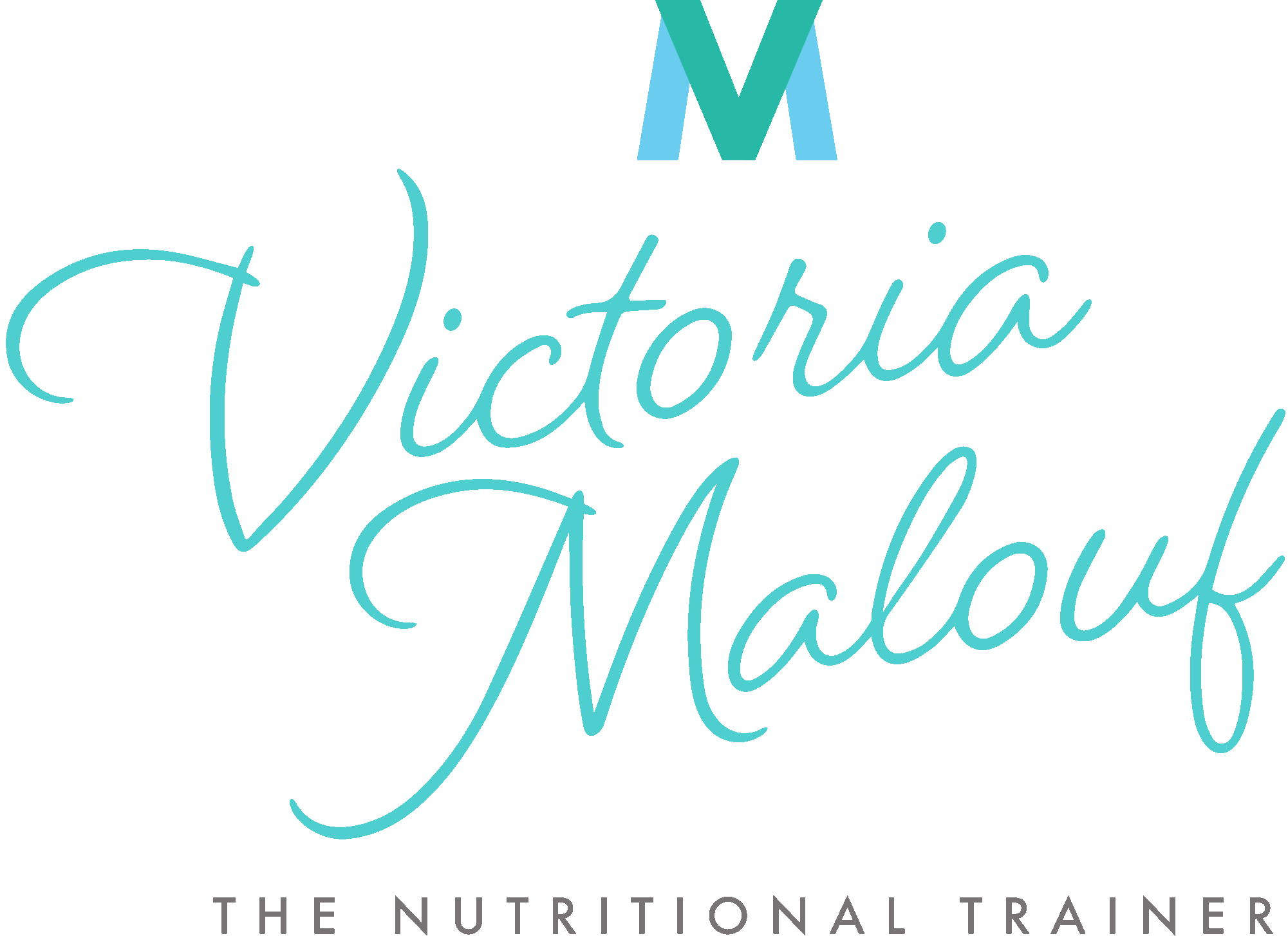7 of the best Vegetarian sources of protein
- Jul 28, 2019
- 3 min read
Protein has very important functions within the body the main being in muscle regeneration and repair, brain cell functioning, the creation of new proteins and enzymes and hormones and the development of skin, hair and nails. There is evidence to suggest that about half of the human body's dry weight is made up of protein.
The Recommended daily intake for protein is 0.75 g/kg for adult women (so approx 45-60g per day) 0.84 g/kg for adult men so approx (70-80g per day). The main factors that can greatly vary the amounts of protein needed per day are age, amount of daily physical activity and the type of physical activity performed.

https://www.bbcgoodfood.com/howto/guide/best-sources-protein-vegans
1. Eggs
Eggs are one of the easiest sources of protein to fit into your diet. Not only are they versatile in the ways that they can be cooked but also very quick, easy and convenient. 2 medium eggs contain approx 14grams of protein. Eggs contain one of the highest amounts of selenium and riboflavin (vitamin B2) but are also one of the only foods that naturally contain Vitamin D.
2. Tofu
Tofu is not only a good source of protein with 100g containing approx. 12g of protein and all of the 9 essential amino acids. It is also a good source of iron, magnesium, copper, zinc and Vitamin B1. Tofu can be very versatile, used in stir fries, pan fried and used in replace of scrambled eggs.
3. Soybeans
Soybeans have been consumed as part of the Asian diet for years. They are also high in various antioxidants and phytonutrients that are linked to various health benefits such as helping to reduce menopausal hot flushes, to be protective against coronary heart disease, blood pressure lowering and reducing the risk of osteoporosis. Not only are they low in saturated fat, high in protein at 16g per 1/2 cup cooked but also a good source of omega 3 fatty acids, vitamin C and folate.
4. Miso
Miso, meaning "fermented beans" in Japanese, has been a vital part of the Japanese culture for decades. They firmly believe that starting the day with a bowl of miso soup helps to stimulate digestion and energise the body. The miso paste that is added to make miso soup is made from fermented soybeans and grains and contain millions of beneficial bacteria to help the gut stay healthy and ward of disease. WIth 1/2 cup of miso providing 16g of protein, it is one of the highest vegetarian and vegan sources of protein around.
5. Tempeh
Tempeh is a traditional indonesian soy product made by fermenting soybeans into a cake like form but still maintaining all the beneficial antioxidants and phytonutrients of the whole soybean. One piece of tempeh of approx 85g can provide anywhere from 14 - 17g of protein depending on the amount of processing that it has undergone. It has also been shown to decrease cholesterol levels, oxidative stress and appetite whilst also improving bone and joint health.
6. Amaranth
Amaranth is known as an ancient grain and is a good source of manganese (which is very important for brain function), magnesium, phosphorus and iron. Whilst one cup of cooked amaranth contains 9.3g of protein, it is very low in fat. Aside from being naturally gluten free it is also rich in fibre, micro and macronutrients and antioxidants which can help protect against heart disease and cancer and helps to reduce inflammation and joint and muscle pain.
7. Lentils
Lentils can come in a variety of colours - brown, green, yellow, red or black. They are low in calories, rich in iron and folate and are a great source of protein as 100g of cooked lentils can provide 9g of protein. They have also been shown to have a positive affect on heart health, help digestive complaints as they are high in fibre and help to reduce cholesterol levels.



Comments